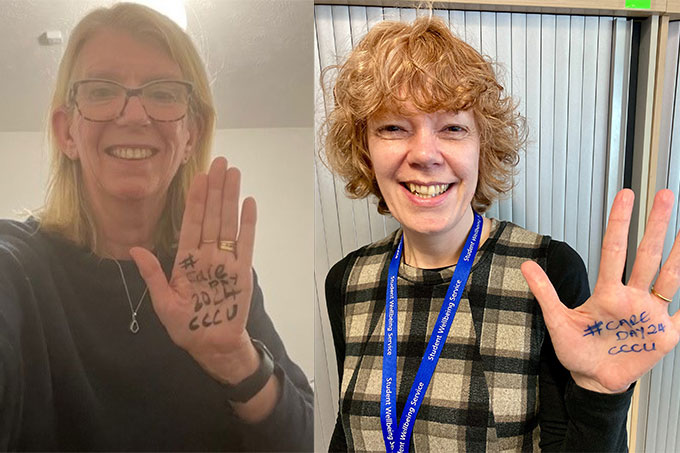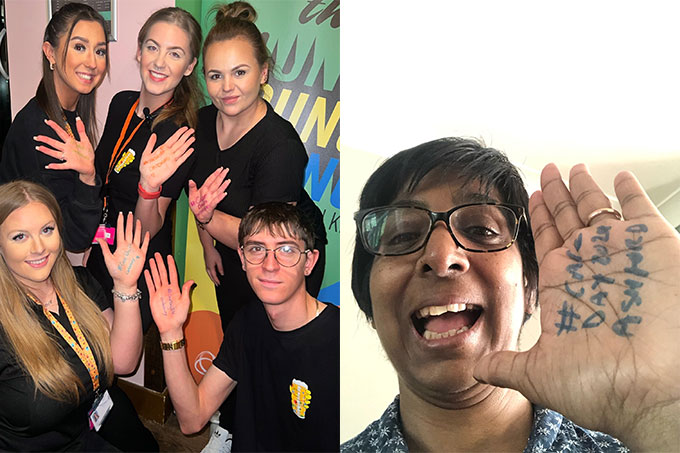Professor Janet Melville-Wisemen explores the campaigns and work that is supporting children and young people that have spent time in the care system and changing the stigma surrounding care experience.
Friday February 16 is World Care Day, when we celebrate children and young people who have lived at least part of their childhood in the care system.
It is also an opportunity to reflect on policy and practice that has improved those experiences and the significant work that is still to be done.
According to government data there are currently nearly 84,000 children living in care. This represents a significant increase from 44 in every 10,000 children in 2001 to 71 in every 10,000 in 2023. We also know from research studies that increases in socioeconomic deprivation and child poverty in recent years have had a direct influence on the incidence of child abuse and neglect and the subsequent rise in children needing care.

Many children who need care report good experiences – including with their dedicated and loving foster parents and kind and committed social workers. But for many the initial trauma that led them to needing care is exacerbated by instability in placements and lack of permanence in trusted relationships to guide them through their childhood in care.
In the UK the charity Become campaigns on behalf of care experienced children and young people. One of their campaigns aims to address the issue of children in care being placed away from their local area #GoneTooFar. This sometimes means children being placed in care settings many miles away from their support networks. They also campaign to end the custom of those who reach their 18th birthday falling off the care cliff #EndTheCareCliff. Many children are forced to leave care on their 18th birthday and often transfer to unsuitable and unsafe accommodation at this most difficult transitional time. This contrasts with young people typically not leaving their parental care until they are over 23 years old.
There are many positive stories as well of care leavers being supported into higher education and much greater awareness of the need for sensitivity around accommodation needs during holiday times or festive seasons. Canterbury Christ Church University has a good track record of supporting care leavers including recently obtaining additional scholarship funds.
One of the most inspiring recent campaigns has been to make Care Experience the tenth protected characteristic. Legally, this would take a change to the Equality Act 2010. However, in the meantime, inspirational care experienced campaigner, Terry Galloway (who had over 100 placements during his time in care), along with a team of care experienced young people have been travelling the country and speaking with local authorities. So far, they have persuaded 78 local authorities to regard Care Experience as a protected characteristic including implementing strategies to ensure their approach to Care Experience improves.

Challenging the stigma surrounding care experience is also at the heart of this activism. Part of that is around opposing shaming assumptions and the use of negative language and acronyms – for example it is common for the term LAC (Looked After Child) to be used suggesting a deficit in that child. Most children come into care because it is simply not safe for them to stay at home.
So, this World Care Day put your hands up to support the rights of children and young people in the care system to lead their best lives alongside every other child and young person.
Dr Janet Melville-Wiseman is Professor of Social Work and Chair of the Joint Universities Social Work Association (JUSWA). She is also a member of the Association of Care Experienced Social Care Workers (ACESCW) and spent part of her childhood in care.
 Expert comment
Expert comment Jeanette Earl
Jeanette Earl 2611
2611


